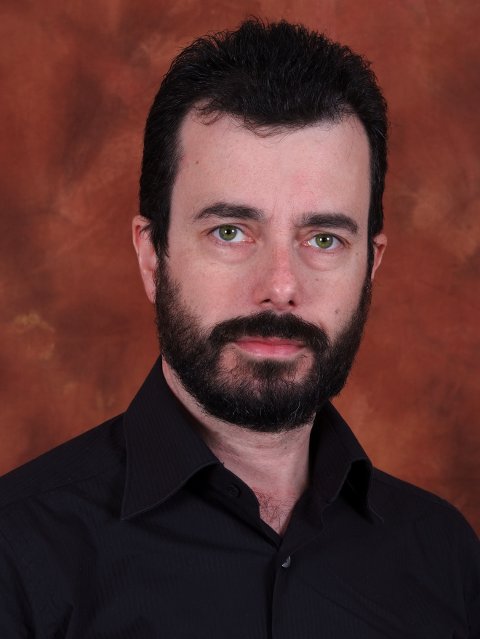
Summary: Carlo Piana seems to have just explained why attempts to work around software patents or use patent pools are probably a waste of time and genuinely good effort
THE SCOTUS decision regarding Bilski is imminent [1, 2]. Red Hat's Richard Fontana writes: "SCOTUS issues several opinions in argued cases today - but still no Bilski"
Over at
Slashdot, IBM is still shown to be
doing bad things with the
patent system. IBM is a key player in the Bilski case for many reasons, but IBM is also a proponent of software patents. Even in Europe,
IBM has been in favour of software patents. Some friend, eh? IBM believes that patent pools like OIN and patent promises will somehow defend Free software as a whole. The FFII disagrees and so do many others.
Over at
The H, Glyn Moody
writes about software patent thickets and
adds: "time for free software to ignore [software patents] locally?" (software patents are not formally legitimate in Europe for example)
Most people in the hacking community are well aware that patents represent one of the most serious threats to free software. But the situation is actually even worse than it seems, thanks to the proliferation of what are called patent thickets. To understand why these are so bad, and why they represent a particular problem for software, it is necessary to go back to the beginning of patent law.
The patent thicket As their name implies, patents are about making something “patent”, or public, so that others can use and build on an invention – but only after a certain period, during which time the patent-holder has a monopoly right (what kind of right is discussed below). Indeed, the origin of British patent law – and of many anglophone countries that base their law on this tradition – is the 1623 Statute of Monopolies.
"Afraid that the *only* solution is abolition NOW,"
argues Carlo Piana, the famous lawyer who
represented Samba in Europe.
Piana
adds: "We must solve the problem from the root, or we'll be submerged by [software patents]. "Abolition" is the only way out!"
That's what the FFII has been saying all along.
Last week we wrote quite a lot about the situation in Germany with regards to software patents [
1,
2,
3]. The impact of the Siemens case as a "landmark ruling" is fortunately
being disputed in a patent lawyers' Web site (subscription required).
German Supreme Court software patent decision 'not a landmark ruling', says expert
Yesterday I reported on a blog posting from the well-known European anti-software patent campaigner Florian Mueller about a recent decision of the German Supreme Court which he said would open to the door to many more software patent grants (and litigation) in Germany. At the end of the piece I stated that if I were involved in the software industry I would be looking to get some clarificaiton on developments from a German patent attorney.
Perhaps it's time to accumulate voices which jointly call for abolition of software patents not just in the United States. Software patents would harm computing a great deal, universally.
⬆
"The European Patent Office is a Corrupt, Malicious Organisation Which Should Not Exist"
--Richard Stallman
